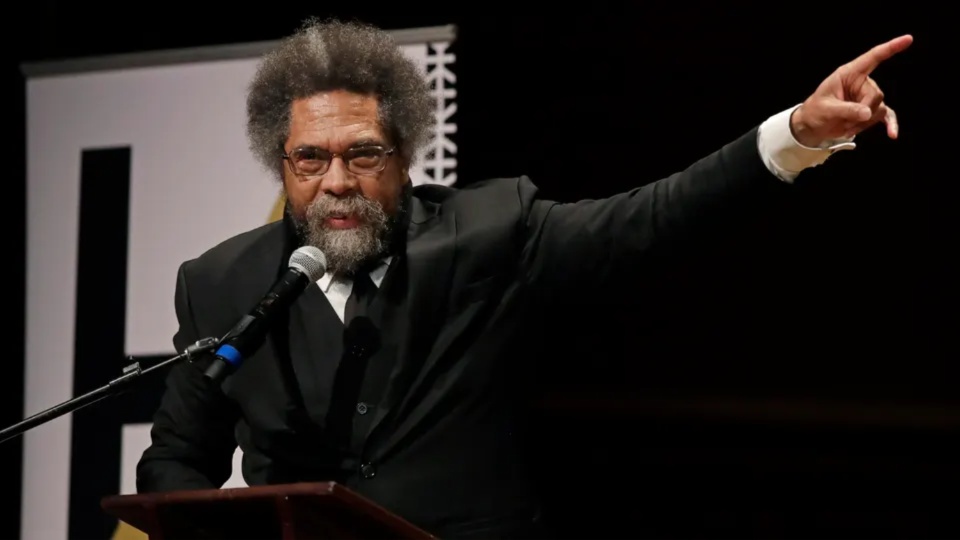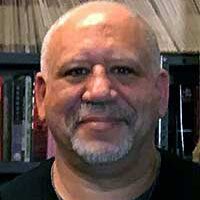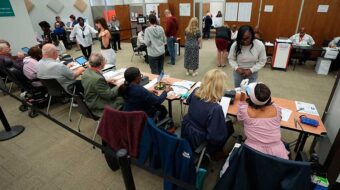
Well-known African-American scholar Cornel West announced his candidacy for president recently, writing, “In these bleak times, I have decided to run for truth and justice, which takes the form of running for president of the United States as a candidate for the People’s Party.”
On June 12, The Nation magazine columnist Jeet Heer, in an op-ed, declared, “Cornel West Is the Right Man in the Wrong Party.” Heer suggested that “critics think West has the right goal—but has chosen a deeply damaged vehicle in the People’s Party.”
Two days later, West seemed to agree, moving from the People’s Party to the Green Party. While the People’s Party has ballot status in only one state, Florida, the Greens are on the ballot in approximately 15 states and the District of Columbia, offering a wider platform.
Needless to say, West’s path to winning the presidency is at best steep. According to Heer, there are concerns that he is “running a campaign that can only siphon off votes from Joe Biden at the risk of handing the presidency to a Donald Trump or Ron DeSantis.” It’s a charge perennially made against any and every third-party run from the left.
“But there’s a contrary critique,” Heer points out, “made by people who share West’s desire to create a movement that pressures mainstream Democrats such as Biden to move left.”
A different voice is offered by organized labor, which has an election strategy focused on defeating the MAGA right and keeping in office a president they feel is more labor-friendly. The Coalition of Black Trade Unionists (CBTU) strongly supports this option.
On June 16, 2023, the AFL-CIO took the unusual step of voting early to endorse Biden for re-election in 2024. They see their campaign as critical in the battleground states, and rightly so.
Apparently, labor, including Black labor and West, have different conceptions of what’s important. The question is, why?
The question at the end of the day is: What really qualifies a campaign or candidate as “progressive”? Is it just the positions they take on particular issues? What about their strategy and tactics?
As CPUSA co-chair Joe Sims recently put it, West’s brief flirtation with the People’s Party was “troublesome,” to say the least. Created by Nick Brana out of the “Draft Bernie for a People’s Party” Facebook group, the party is not supported by Sanders and has little actual on-the-ground presence.
A sparsely-attended “Rage Against the War Machine” rally held Feb. 19, 2023, in Washington D.C., is instructive. Brana was joined by Angela McArdle of the Libertarian Party, Helga Zepp-LaRouche of the LaRouche Foundation, Jackson Hinkle, the proponent of “MAGA Communism,” and Jordan Page, author of the Oath Keepers’ anthem.
Among those attending were the People’s Party, Green Party, Max Blumenthal of Grayzone, comedian Jimmy Dore, and some others of a similar crowd. Libertarian Ron Paul provided the keynote speech.
Enough said about the People’s Party. There are other challenges to Professor West’s campaign, however, even after he abandoned the group.
For example, so far, he does not acknowledge the pro-worker all-people’s movement that organized labor and allied people’s organizations are forging around the 2024 elections. That movement is central at this moment to the demands of the labor upsurge sweeping the country, for supporting workers forced to strike, for instance.
Furthermore, does West’s move to the Green Party reflect a lack of connection to important sections of the organized working class? And what about other constituencies, including African Americans, Latinos, etc.?
As far as I know, the Green Party’s idea of grassroots democracy may pay lip service to but doesn’t in practice embrace the U.S. labor movement, oppressed peoples, or the voices of the toiling millions.
Abstract quests for “truth and justice” are all well and good, but working people are seeking democratic power and an end to the violence that the Trump right is inflicting on so many.
But what about corporate Democrats? Do they just get a free pass?
No. Dealing with them remains a political challenge, that’s true. But at this stage, dividing the electorate with an African-American candidate who cannot win is not the path forward. Unity against the fascist threat must be a priority for everyone determined to save U.S. democracy. Indeed, empty “left” phrases can sometimes obscure a right-wing reality.
People’s movements today are called to build a broad, democratic, anti-fascist, left-center coalition to defeat the extreme right. They must unite with organized labor to build on-the-ground organization to defeat the MAGA GOP at all levels of government. People’s movements are seeking engagement with communities of voters, and they should reflect the issues important to the great mass of our people in their electoral work.
Registering people to vote, educating voters about the issues, running for local office, doing solidarity work to unite different groups around common anti-fascist or pro-worker struggles, and doing other get-out-the-vote work has to be the focus from today until the election.
We hope you appreciated this article. At People’s World, we believe news and information should be free and accessible to all, but we need your help. Our journalism is free of corporate influence and paywalls because we are totally reader-supported. Only you, our readers and supporters, make this possible. If you enjoy reading People’s World and the stories we bring you, please support our work by donating or becoming a monthly sustainer today. Thank you!












Comments